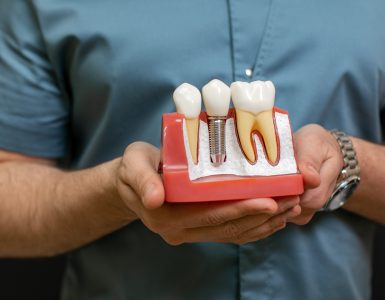If you are thinking about getting pregnant, or are already pregnant, it pays to be aware of how the hormonal changes during pregnancy can affect your teeth and gums and the importance of maintaining good dental health during that time to protect the health of you and your baby.
Regular dental check-ups
It is important that you have a dental check-up while you are pregnant. Routine dental treatment is perfectly safe, but it is important that you let your dentist know that you are pregnant so that can take any extra precautions that may be necessary. Gum issues and cavities need to be treated as soon as possible to avoid any risk to your baby’s health.
Maintain good oral hygiene
It is important that you maintain your teeth by brushing morning and night and flossing once a day to avoid the build-up of plaque, even if brushing causes your gums to bleed. The bacteria that causes plaque can be can be passed on to your baby during pregnancy and after birth and can cause early childhood decay. Some women may find brushing their teeth makes them gag. If gagging is a problem for you, try using a toothbrush soft small-headed toothbrush like the ones made for children. Brushing later in the morning might help, take your time and focus.
Eat a healthy diet
It is important for you and your growing baby that you get all the important nutrients you need. As your baby grows, its calcium demands are high. Its teeth start developing around 3 months, so increasing the amount of calcium you consume is important for your baby’s teeth and bones. Eat plenty of dairy products, or if you are unable to have dairy, there are other sources such as calcium fortified soy, almond or other types of milk, cheese and yoghurt. Vitamin D helps the body utilise the calcium, so eat plenty of fatty fish, eggs, breads and cereals. Also include in your diet plenty of fruits, vegetables, lean meats, beans and grains. Limited your intake of sugary foods and drinks and ensure you drink plenty of water.
If you have any questions or concerns about your oral health during your pregnancy, contact your dentist who will be more than happy to discuss these with you.




